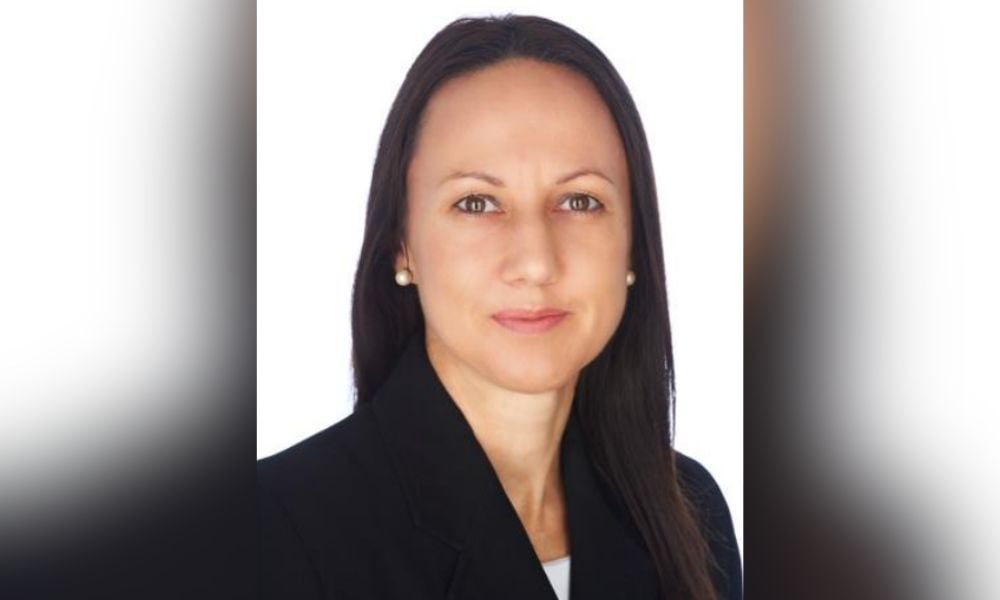Three concerns outpace other reasons why chief legal officers move work worth US$50,000 or more

A new and extensive survey has revealed the main reasons why general counsel and chief legal officers moved work from one outside law firm to another in the last 12 months.
Three concerns outpace other reasons why GCs moved work worth US$50,000 or more, the 19th “Chief Legal Officer Survey” of consulting firm Altman Weil shows. In-house legal departments mostly moved portfolio work because of legal expertise (42%), lower fees (40.3%), and client service (38.7%), the study found.
The next reason indicated by respondents was managing matter efficiency (24.4%), followed by a key partner changing firms (19.3%), conflicts (17.6%), size or depth of firm resources (16.8%), inability to handle client’s geographic scope (10.9%), predictable fees (6.7%), and data-security concerns (0.8%). Although it was a choice, no respondent picked technology sophistication as a reason why work was shifted to another outside firm in the past year.
Other responses specifically given by in-house legal departments include diversity and inclusion factors, ineffectively dealing with adversaries, inability to execute client-directed strategy, and quality of work product.
By size, the main reasons why legal departments with only one lawyer switched firms for certain matters were legal expertise (50%), followed by lower fees, managing matter efficiency, a key partner moving, and size or depth of firm resources, which each got 25%.
For in-house teams with two to 10 lawyers, the main reasons were legal expertise (44.2%), client service (39.5%), and lower fees (37.2%). Departments with 11 to 50 lawyers mostly shifted work to other outside law firms for client service (48.8%), legal expertise (46.3%), and lower fees (41.5%). In-house functions with more than 50 lawyers mostly shifted work because of lower fees (48.3%), legal expertise and conflicts (each with 34.5%), and client service (31%).










